Voters have the right to know who’s paying for a politician’s campaign. While campaign funders do not necessarily define a candidate or issue, we’ve seen throughout history how hidden campaign spending in other parts of the country has fueled a culture of corruption and self-dealing.
Give young journalists protections from school censorship
Constitutional amendment a must for balancing state budget
Budgeting requires difficult decisions and a commitment to governing. In 2012, a bipartisan coalition of senators instituted an important fiscal reform: the four-year balanced-budget law. Washington is the first state with this check on budget gimmicks, our greatest defense against self-inflicted financial chaos.
Improving the odds for young people leaving foster care
Finding a solution to street gangs
Criminal street gangs are a serious burden in Central and South King County. Gang violence is not a new phenomenon and needs to be addressed. The most fertile ground for the spread of gangs is the hearts and minds of our youth. At a young age, our most vulnerable children are making decisions that could lead them to a lifetime of violence and criminal behavior. In order to address the problem, we must look to prevention and early interventions.
Transportation package: a rare moment of compromise in the U.S.
To be worthy of the sacrifice
Effecting change from the inside
Washington has a part-time, citizen Legislature. This means lawmakers gather in Olympia anywhere from two to four months per year to debate policy and vote on changes to state law. However, the job is anything but part-time; lawmakers spend the full year working with constituents, researching potential legislation and, for many, also working their day jobs.
Viewpoint: Lessons learned from a long, tough legislative session
Bipartisanship possible in Washington State Senate
Irresponsible budgets hurt education
Two weeks ago we joined a bipartisan majority of state senators to present a long-term sustainable budget that doesn’t spend more money than the state expects to collect. This proposal not only addresses the remaining 16 months left in the current two-year budget cycle, but also the next two-year budget cycle through mid-2015. Families and small businesses face serious consequences if they do not live within their means and plan for the future; state government is no different.












